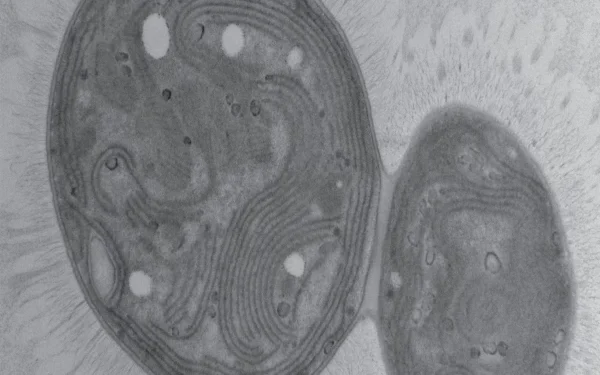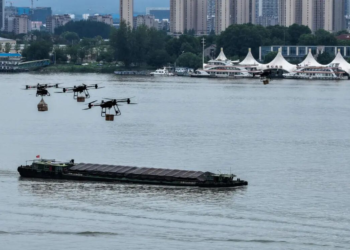Scientists have discovered a special type of marine cyanobacteria capable of rapidly consuming and storing carbon dioxide.
This bacteria (whose unique density allows it to sink to the bottom of the ocean) could help sequester carbon from the ocean or remove carbon dioxide from the atmosphere to address climate change. .
Known as blue-green algae or microalgae, these cyanobacteria are not actually algae. They are single-celled, unicellular bacteria that thrive in salt water, fresh water, and mixed water. Like algae, this bacterium spreads rapidly, making it a practical tool for environmental projects.
This type of cyanobacteria is called UTEX 3222. However, the Harvard researchers have named it ‘chonkous’ because of its size. Individual UTEX 3222 cells are large and heavy, which helps them move to the bottom of the vessel (or seabed).
According to the team, choncous forms a paste in water that helps it float freely.

























